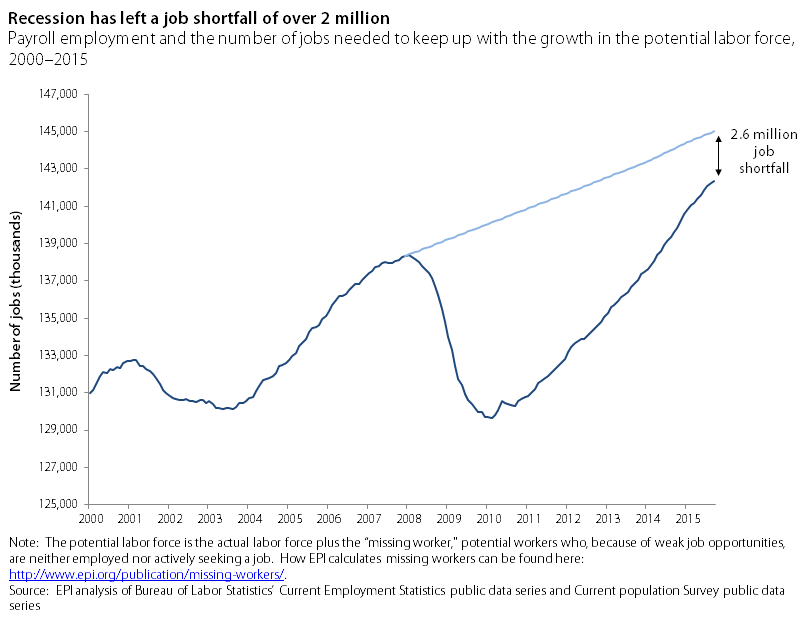Fed's Williams says low neutral interest rates a 'warning sign'
WASHINGTON
San
Francisco Federal Reserve President John Williams said on Friday that
low neutral interest rates are a warning sign of possible changes in the
U.S. economy that the central bank does not fully understand.
"I see this as more of a warning, a red flag that there's something going on here that isn't in the models, that we maybe don't understand as well as we think, and we should dig down deep deeper and try to figure this out better," he said during a panel discussion at the Brookings Institute in Washington.
Williams, who is a voting member of the Fed's policy-setting panel through the end of the year, has said the central bank should begin to raise interest rates soon but thereafter go at a gradual pace.
He added that the low neutral interest rate had "pretty significant" implications for monetary policy, and put more focus on fiscal policy as a response.
"If we could come up with better fiscal policy, find a way to have the economy grow faster or have a stronger natural rate of interest, then that takes the pressure off of us to try to come up with other ways to do it, like through a large balance sheet or having a higher inflation target," Williams said. "It also means we don't have to turn to quantitative easing and other policies as much."
Read More Here
"I see this as more of a warning, a red flag that there's something going on here that isn't in the models, that we maybe don't understand as well as we think, and we should dig down deep deeper and try to figure this out better," he said during a panel discussion at the Brookings Institute in Washington.
Williams, who is a voting member of the Fed's policy-setting panel through the end of the year, has said the central bank should begin to raise interest rates soon but thereafter go at a gradual pace.
He added that the low neutral interest rate had "pretty significant" implications for monetary policy, and put more focus on fiscal policy as a response.
"If we could come up with better fiscal policy, find a way to have the economy grow faster or have a stronger natural rate of interest, then that takes the pressure off of us to try to come up with other ways to do it, like through a large balance sheet or having a higher inflation target," Williams said. "It also means we don't have to turn to quantitative easing and other policies as much."
Read More Here


 Economic Policy Inst
Economic Policy Inst 











